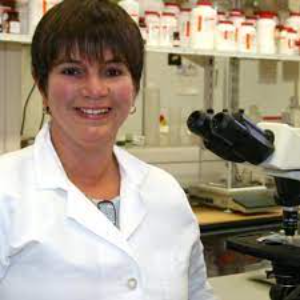Title : INO 4500, a DNA based LASV vaccine, induces robust T cell responses and long-term memory antigen-specific T cells
Abstract:
Lassa fever (LF) is an acute viral haemorrhagic disease caused by Lassa virus (LASV), which is endemic in Western Africa and is associated with high rates of infection and mortality. Currently, there are limited treatment options and no licensed vaccines to protect against LASV infection. Previously, we reported on a DNA vaccine, INO-4500, encoding the LASV (Josiah strain) glycoprotein precursor (LASV GPC) gene, that elicits protective immunity and completely protects guinea pigs and non-human primates against viremia, illness, and death after Lassa virus exposure. Here, we present T cell responses after vaccination with INO-4500 from a randomized, placebo-controlled phase 1 LASV vaccine trial in healthy adults. Two doses of 1 mg of INO-4500 were administered by intradermal injection followed by electroporation using CELLECTRA® 2000 device at day 0 and week 4. The cellular immune response was assessed at day 0 and weeks 6, 12, 24 and 48 following vaccination. INO-4500 elicited a strong T cell response against overlapping LASV peptide pools as measured by IFNg-ELISpot compared to placebo controls. Using flow cytometry, we examined specific LASV reactive T cells after stimulation with LASV peptides and analysed their cytokine profile. Significantly higher frequencies of polyfunctional CD4+ and CD8+ T cells, producing IL-2, IFNg and TNFα, were observed at week 6 and 12 following vaccination. Also, activation-induced LASV-specific IRF4+CD137+-CD4+ and -CD8+ T cells were significantly expanded at week 6 but were detectable up to 48 weeks after vaccination, suggesting induction of long- term memory antigen-specific T cells. This is supported by a significant increase of IL-2, IFNg, TNFα, IL-6, IP-10 and MIG in the supernatant of cultured cells stimulated with LASV peptides at different time points post-vaccination as detected using Legendplex. These results revealed that INO-4500 LASV-GPC DNA vaccine induce robust T cell responses, which are critical for protection against LF. The activation and persistence of LASV-specific T cells supports the potential of INO-4500 to protect against LASV.



